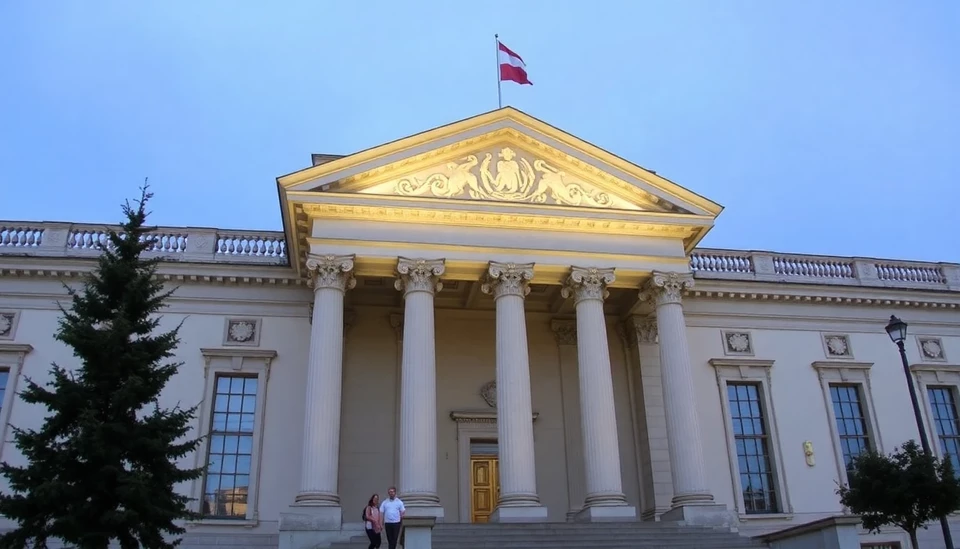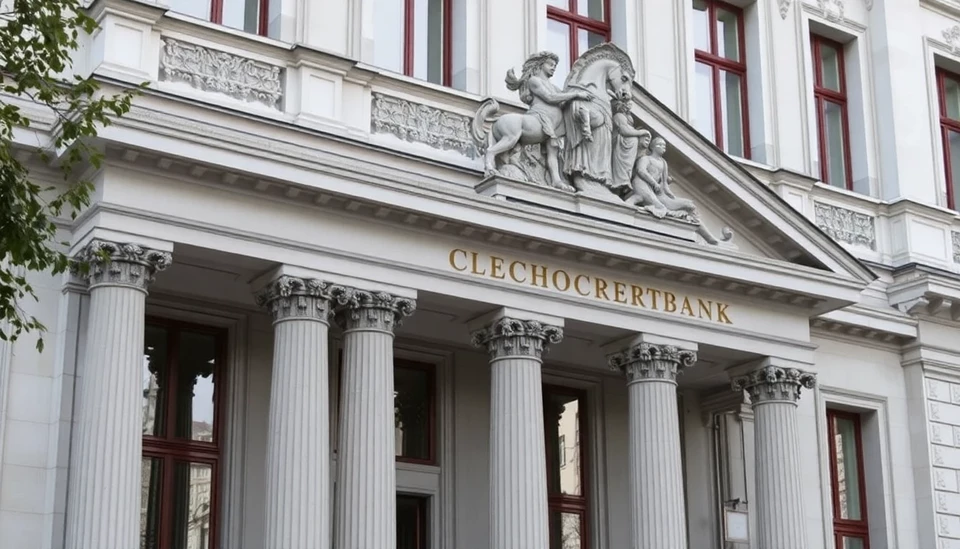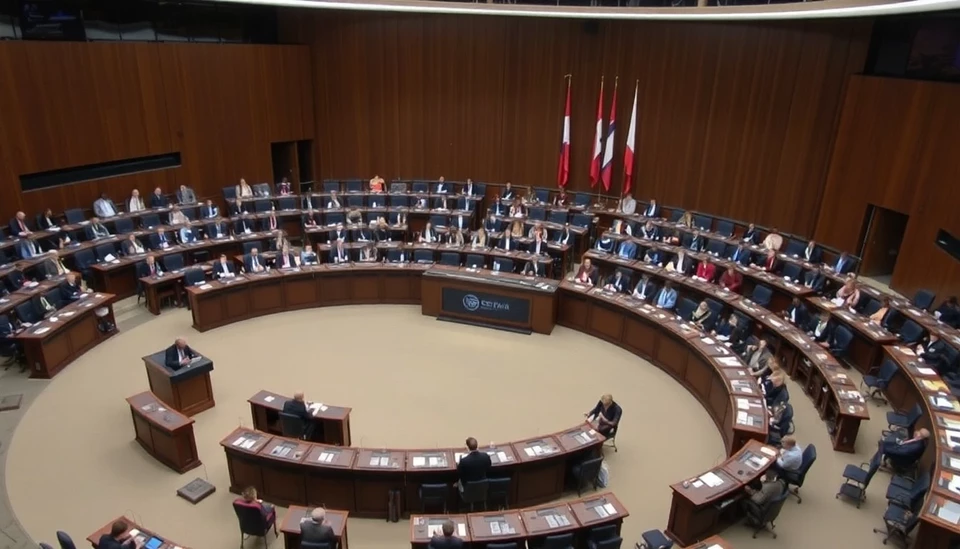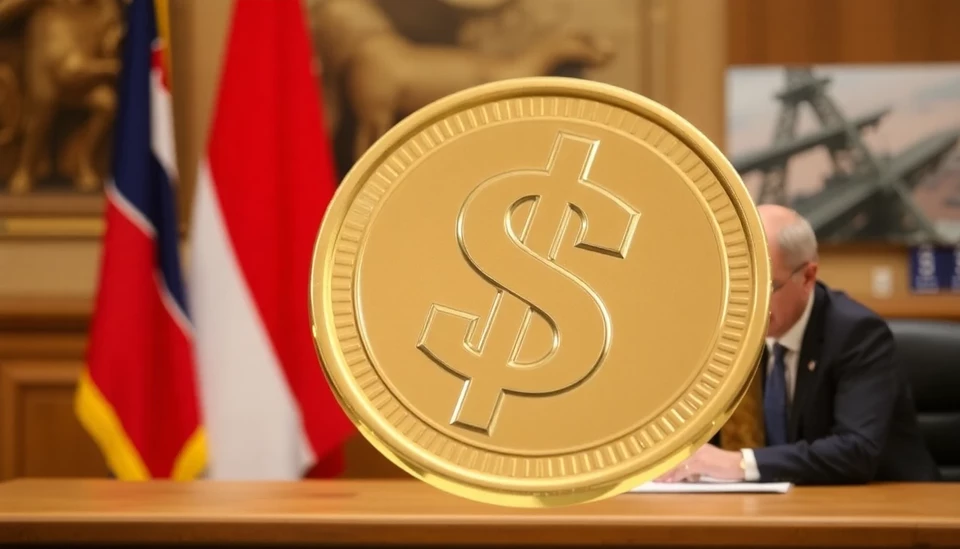
In a surprising turn of economic events, inflation rates in the Czech Republic have shown a slower-than-anticipated increase, prompting discussions among policymakers regarding potential adjustments to the country's interest rates. Recent reports indicate that inflation has dipped, leading many to reassess the trajectory of monetary policy as the country navigates a complex economic landscape.
The latest inflation figures reveal a rate that diverges from prior expectations, placing the annual inflation at a notable 2.8% in November, down from a 3.2% increase recorded in the previous month. This reduction in inflation has caught the attention of the Czech National Bank (CNB), which is currently deliberating whether to pause interest rate hikes that have been implemented in previous months to combat rising prices.
Economists and financial analysts have been keenly observing these developments, particularly in light of the central bank's previous stance on maintaining a tighter monetary policy. The unexpected decline in inflation is perceived as a critical indicator of the economy's performance, raising hopes for consumers and businesses alike who have felt the pinch of elevated living costs in recent times.
Some analysts posit that a rate cut could stimulate economic growth, allowing businesses to borrow at lower costs and, in turn, driving investment and consumption. However, there remains cautious sentiment among others who argue that a hasty decision to lower rates may undermine progress in stabilizing price levels.
Furthermore, the CNB is balancing this decision with other emerging economic factors, such as external pressures from global markets, supply chain disruptions, and geopolitical tensions that could have ramifications for the Czech economy. As these discussions unfold, the central bank is also considering how best to communicate this potential policy shift to maintain public confidence and ensure stability in the financial system.
In the coming weeks, the CNB is expected to gather more data and insights before announcing any official changes to its monetary policy, with analysts remaining divided on the potential outcomes. Stakeholders, including businesses and consumers, will be keeping a close watch on these deliberations, as the implications of a rate cut—or a hold—have far-reaching effects on the economy.
As the situation continues to unfold, experts suggest that transparency and responsiveness will be crucial for the CNB to navigate the uncertainties presented by variable inflation rates and broader economic challenges.
While the possibility of a rate cut looms, it raises questions about the effectiveness of the previous monetary policy measures and their impact on inflation stabilization moving forward. The potential pause highlights the ever-changing dynamics of economic policy in response to evolving financial conditions.
Market reactions to the recent inflation data will also play a vital role in shaping future policy decisions, as investors assess how the CNB’s next steps could influence interest rates and economic performance. As such, keeping an eye on both domestic and international economic movements remains essential for understanding the broader context of these discussions.
In conclusion, the slow pace of inflation in the Czech Republic serves as a crucial juncture for policymakers at the CNB as they consider their approach toward interest rates. Whether the choice will be to cut rates to invigorate economic growth or to maintain current levels for stability remains to be seen, but it is clear that the implications of this decision will resonate throughout the economy.
#CzechRepublic #Inflation #InterestRates #CentralBank #Economy #FinanceNews
Author: Daniel Foster




